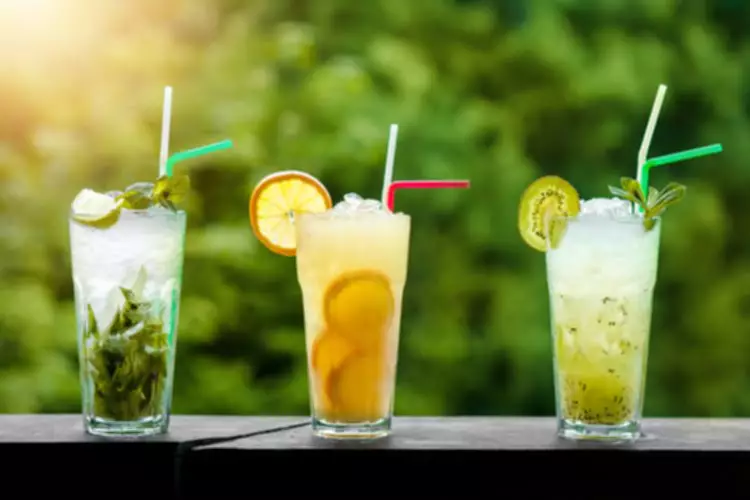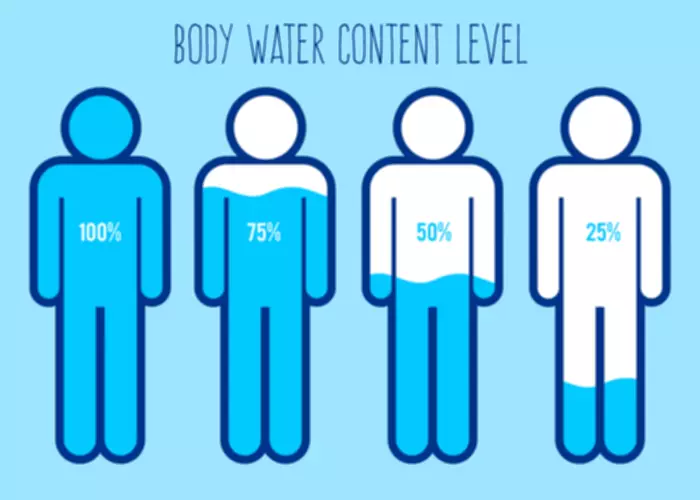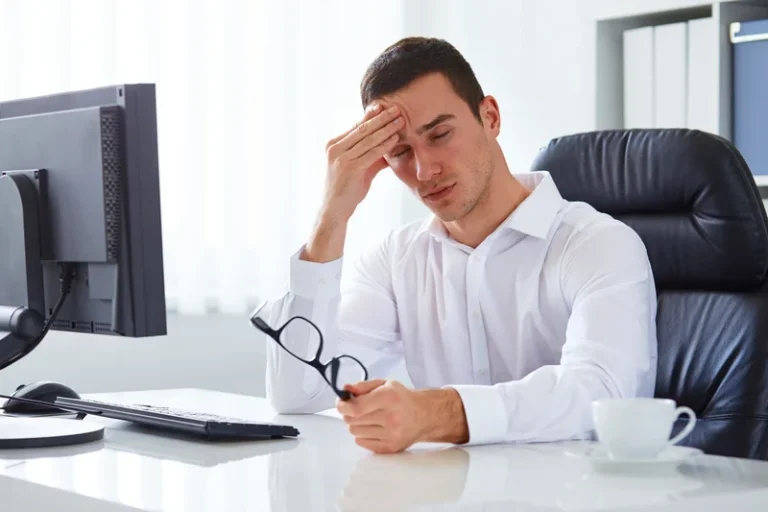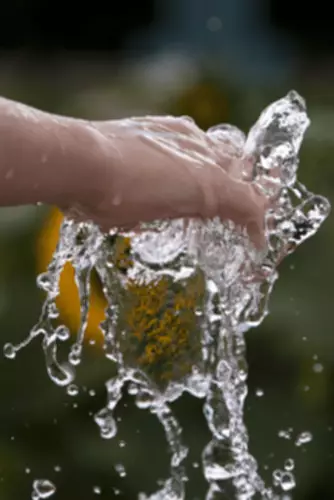Does Alcohol Cause Dehydration?

Many of us only start drinking water when we feel thirsty. Meanwhile, thirst is one of the first signs of dehydration. Without sufficient water, the human body cannot function properly.

Does alcohol dehydrate you?
Yes, indeed, alcohol and dehydration are closely related. Alcohol disrupts water balance. It removes water and retains it at the same time.

Take back control of your life and start on the road to recovery now.
Water retention
As a result of water retention, the body is dehydrated, but puffiness is present. In other words, with a hangover, we do not suffer from absolute dehydration, but from an insufficient volume of circulating blood. The liquid does not leave the body and instead accumulates in the intercellular space, leading to a bloated face and other parts of the body. This is your body’s way of trying to save as much water as possible when it is dehydrated.
Urination
Does alcohol dehydrate you in other ways? Besides causing your body to retain water in an undesirable way, you probably know that you often need to go to the bathroom after a few drinks. This is because alcohol dehydrates you by making you urinate more often. Your body uses water to process alcohol, then flushes it out of your body as urine. As water is removed from your body, all types of vitamins and minerals are also lost and your body needs to recover.
Why you urinate more? Your pituitary gland controls the release of a hormone known as antidiuretic hormone (ADH). Secreted by the pituitary gland, it enters the bloodstream and is then carried to the kidney. One of the kidney functions is to monitor how much water is in your body and whether or not you can afford to get rid of it. In times of dehydration, ADH is responsible for retaining water in your body, so it is absorbed back into your body. The alcohol, though, inhibits the release of ADH by the pituitary gland and as a result, the amount of water in your urine increases.

Other dehydration consequences
The main cause of headaches when drinking wine or other alcoholic drinks is dehydration. The body also requires fluid to replenish blood volume, which is 93% water, and to strengthen the kidneys to remove the intercellular fluid. Dehydration leads to blood thickening. Thickening of the blood, in turn, leads to increased blood pressure, which is especially painful for hypertensive patients and people suffering from intracranial pressure and atherosclerosis.
Alcohol dehydration also reduces your strength, performance, and hand-eye coordination. In addition to the hangover itself, there are several effects of alcohol on the fair sex: ethyl adversely affects the condition of the skin, which loses its elasticity, becomes dry, and the process of wrinkle formation accelerates.

This can be a difficult journey, but you don’t have to go it alone. Let us be your guide and provide you the environment needed to regain control of your life and begin the path to recovery.
Preventing and dealing with alcohol dehydration
Does alcohol cause dehydration in the same way for everyone? Of course not, especially if you took measures to prevent and at least minimize the diuretic effect of the alcoholic beverages. Drink water before, during, and after the event. It is desirable that it has high mineral content. A glass of water for every glass of wine is a good way to start.

Drinking a couple of glasses of wine and then suffering from alcohol dehydration is not the best ending. Thus, knowing limits for your body and how each drink affects it also helps a lot in preventing undesirable consequences. Interestingly, unlike beer, white wine, or champagne, red wine with higher tannin content makes your mouth feel dry and encourages you to drink more water.
When your body consumes alcohol (or sugar), you need a lot of water to help metabolize it. If you are not hydrated enough, your body begins to draw on the water it needs from other parts of your body, causing dehydration. Thus, avoid sweet dessert wines and white wines labeled as semi-dry or sweet.
Alcohol content levels are also important to consider because different drinks and brands have different alcohol content per drink. This makes a huge difference in your blood alcohol level. By the way, white wine often contains less alcohol than red wine. You will also be less dehydrated.
Thinking about a night club after drinking alcohol or even going on a run or to the gym after a night out? This is certainly not a good idea because you sweat during exercise (dancing), which means you lose even more water. So, if you alcohol the night before, then you better give your body a little rest and try to restore water balance.
Despite a popular belief, drinking coffee does not cure a hangover, it just makes you feel more alert for a while. Caffeine will help a little with headaches, but it won’t eliminate other hangover consequences. Coffee is also a diuretic and can cause a lot of water loss during urination when the body is already fairly dehydrated. In other words, coffee will only worsen alcohol dehydration and all its negative consequences.




